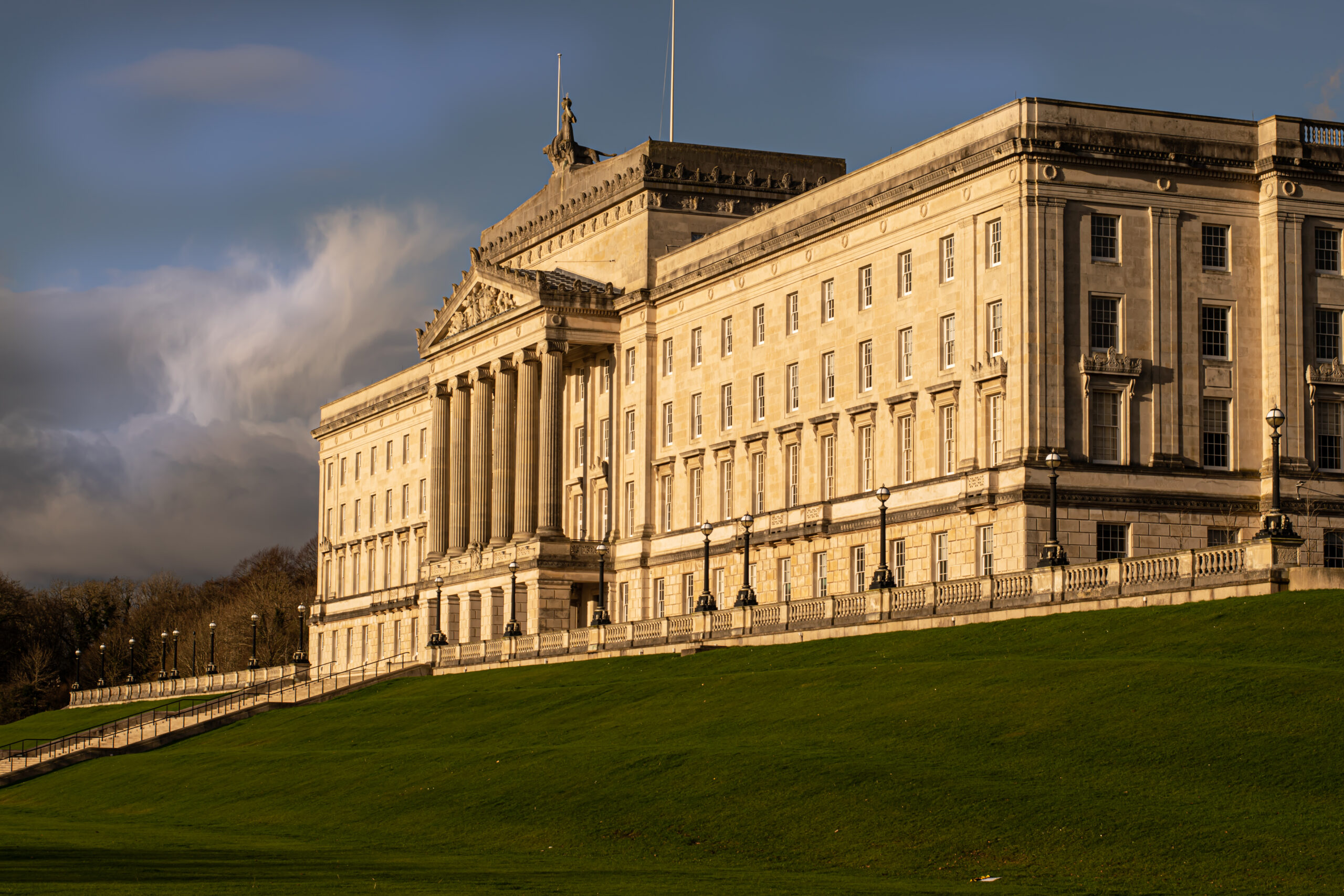March and rally to mark 40th anniversary of trade union ban at GCHQ: Cheltenham Saturday 27 January

On the 25 January 1984 the Conservative government announced that civil servants working in Government Communications Headquarters (GCHQ) would be banned from being members of trade unions. All GCHQ workers were ordered to leave their trade unions by 1 March 1984 and receive £1,000 (less tax) or face dismissal. Access to industrial tribunals was also banned. 130 GCHQ workers refused to sign away their union rights but the last 14 workers who were still holding out were not dismissed by the government until early 1989.
The march therefore is not only commemorating the announcement of the ban and the successful campaign to overturn it, but also highlighting that the democratic rights of trade union members are once again under attack.
Timings and location
12pm – gather at Montpellier Gardens in Cheltenham
12:30 – march departs through town centre to Pittville Park (approximately 1 hour walk)
13:30 – rally in Pittville Park
If you are attending the march, you will be able to find FDA colleagues in section M. Please note it will be easier to join the march from the rear.
Further information can be found on the TUC website.
Related News
-

FDA rejects claims civil service to blame for delays to Northern Ireland infrastructure projects
The FDA’s National Officer for Northern Ireland Robert Murtagh has spoken out against claims that the Northern Ireland Civil Service, were to blame for the failure of infrastructure projects to be completed on time.
-

Penman joins panel discussion on ethical leadership in government at IfG ‘Nolan Principles at 30’ conference
FDA General Secretary Dave Penman took part in a panel discussion covering the question ‘How can politicians demonstrate ethical leadership?’.
-

Carers Week 2025 – launching our Carers’ Survey
To mark Carers Week 2025 (9-15 June), the FDA is launching a survey of carers in the civil service to find out what progress has been made since our 2021 report, and what still needs to be done.